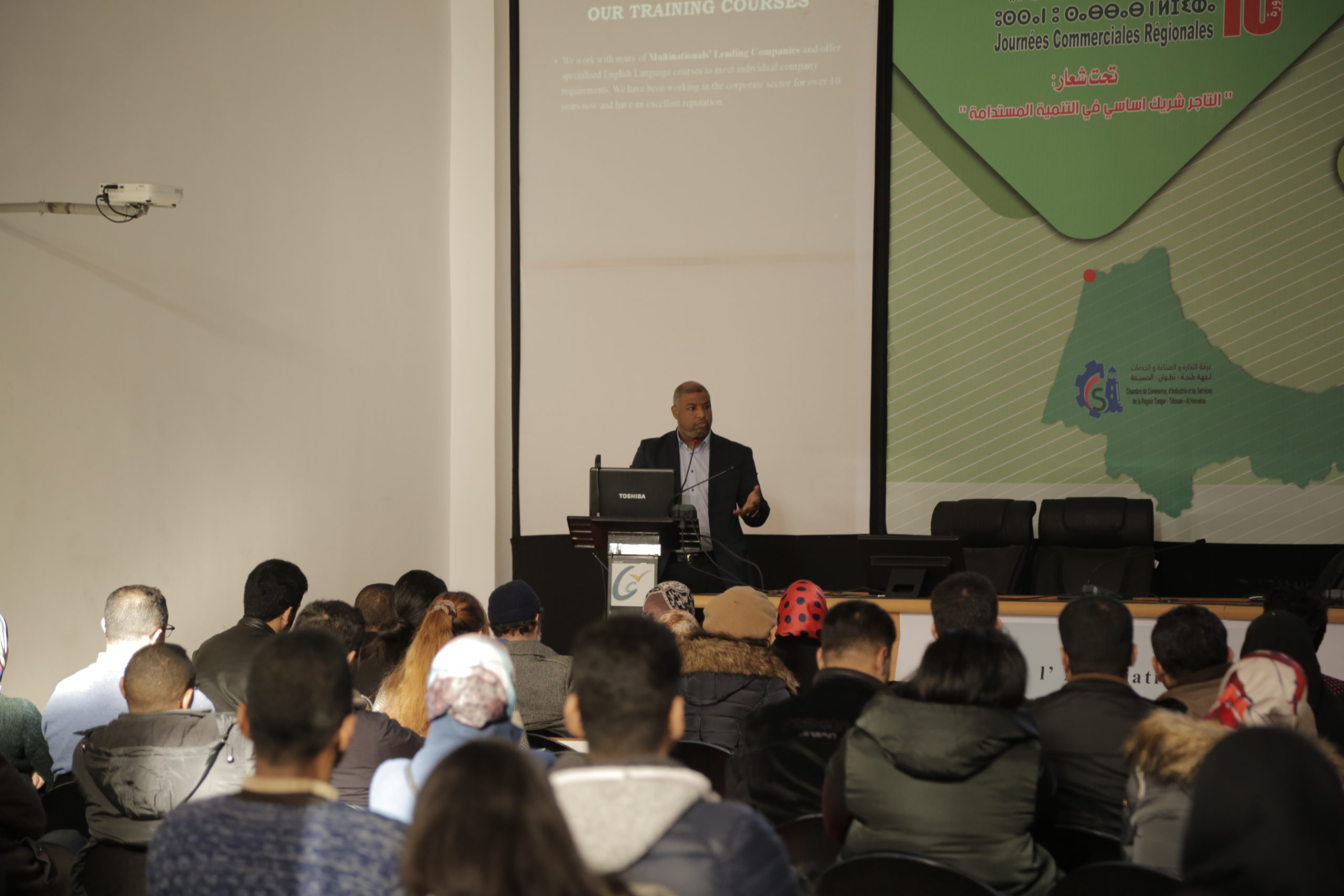Increasingly interconnected and interdependent world, proficiency in other languages is a vital skill that gives you the opportunity to engage with the world in a more immediate and meaningful way—whether in your neighborhood or thousands of miles away—while better preparing you to compete and succeed.I
One of the most rewarding aspects of the human experience is our ability to connect with others. Being able to communicate with someone in his or her language is an incredible gift.
Language skills can be a significant competitive advantage that sets you apart from your monolingual peers. They are among the top eight skills required of all occupations—no matter your sector or skill level—and the demand for bilingual professionals is rising exponentially.
The many cognitive benefits of learning languages are undeniable. People who speak more than one language have improved memory, problem-solving and critical-thinking skills, enhanced concentration, ability to multitask, and better listening skills.
Language is the most direct connection to other cultures. Being able to communicate in another language exposes us to and fosters an appreciation for the traditions, religions, arts, and history of the people associated with that language. Greater understanding, in turn, promotes greater tolerance, empathy, and acceptance of others—with studies showing that children who have studied another language are more open toward and express more positive attitudes toward the culture associated with that language.
Traveling as a speaker of the local language can revolutionize a trip abroad. While monolingual travelers are capable of visiting the same places, travelers who know more than one language are more easily able to navigate outside the tourist bubble and to connect and interact with the place and its people in a way that is often inaccessible to those without the language. Learning a second language also opens additional doors to opportunities for studying or working abroad.
In a world of more than 6,000 spoken languages, we sometimes require translation, but speaking at least one additional language empowers us to access information that would otherwise be off-limits.
Not only does learning a second language improve communication skills and multiply vocabulary in your first language—yes, really!—but research shows that it makes picking up additional languages a much easier feat, especially among children.3 That’s because when you learn a new language, you develop new brain networks that are primed and ready when you embark on learning a third language.
Any language learner can attest to making his or her share of mistakes while discovering a new language—often in front of an audience. It’s a necessary part of the learning process! Learning a language means putting yourself out there and moving out of your comfort zone.
Studies show that decisions made in your second language are more reason-driven than those made in your native language.4 Contrary to popular assumptions, when we deliberate in a second or third language, we actually distance ourselves from the emotional responses and biases deeply associated with our mother tongue. The result? Systematic and clear-headed decisions based on just the facts.
As we explore a new language and culture, we naturally draw comparisons to what is most familiar. Learning about another culture sheds light on aspects of our own culture both positive and negative.


Regardless of the type of research you want to conduct, you must know how to formulate a research question.
Once the research problem has been identified, the next step is to formulate research questions to be answered by the study.
We cannot talk about science without talking about a scientific approach or method.
Making a donation is a way of reaching out a helping hand. By providing even a small donation, you can be part of an effort to provide our initiatives.
